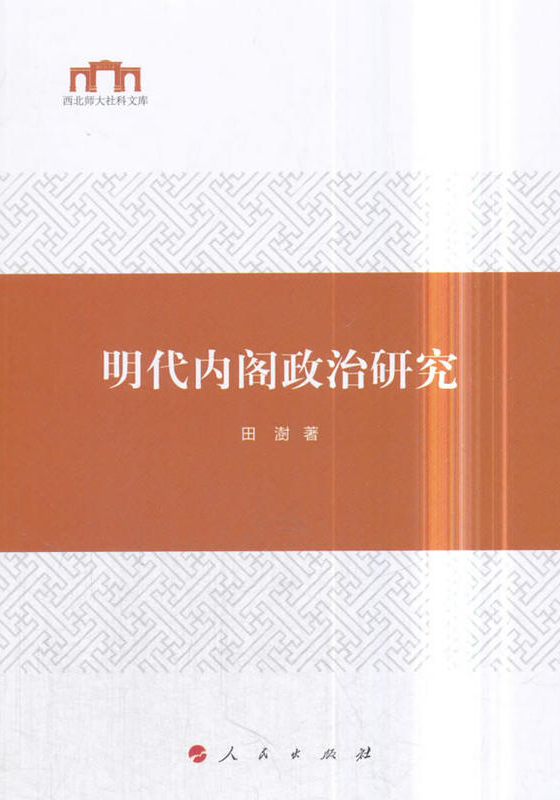Exploring political role of Ming Grand Secretariat

Political Study of the Grand Secretariat of the Ming Dynasty
After the establishment of the Ming Dynasty (1368–1644), the Hongwu Emperor (r. 1368–98) undertook a series of major political reforms to strengthen centralization and eliminate the forces that threatened imperial power. Among them, the abolition of the grand chancellor, the highest-ranking executive official post in ancient China from the Spring and Autumn and the Warring State periods (770–221 BCE) to the Yuan Dynasty (1271–1368), was one of his major innovations. However, as time went on, the later Ming emperors had to explore a new model to assist them in dealing with heavy administrative affairs. As a result, the Grand Secretariat was born. Although the position was formed during the period of the Yongle Emperor (r. 1403–1424), it was later in a state of constant change. Therefore, academic circles have different views on its status, including as a secretariat, a military staff, an advisory body, a think tank and an office of the grand chancellor.
In Political Study of the Grand Secretariat of the Ming Dynasty, Tian Shu, vice president of and a professor at Northwest Normal University, writes that the Grand Secretariat of the Ming Dynasty was checked by the ruling imperial power at all times and had no opportunity to challenge it alone. The appearance of the Grand Secretariat was not a form of resistance to the abolition of the grand chancellor, but a new product under the Ming’s politics.
Tian argues that not all secretaries working at the Grand Secretariat can be called “the grand secretary,” as some of them were not given the honorary title.
As to the political functions of the Grand Secretariat, Tian argues that in addition to the function as a secretariat or a military staff, it also had functions of education, planning and correction. The performance of these functions required certain prerequisites: that the emperor was diligent in his work; that the emperor respected the secretaries without suspicion of their loyalty; and that the secretaries kept close contact with the emperor, sharing equal status and working in harmony with each other.
However, in practice, the distance between the two sides made it impossible for secretaries to attain the high power equivalent to that of the grand chancellors of previous dynasties. Because of this, the impact of the Grand Secretariat on the politics of the Ming was unstable, at times strong and at other times weak. In general, no matter how the power of the Grand Secretariat degraded or upgraded, its status as subject to the emperor remained unchanged, making it impossible to regain the status previously enjoyed by the grand chancellors of the past.
Ma Yufeng is a lecturer from the College of History and Art at Northwest Normal University.
edited by YANG LANLAN
